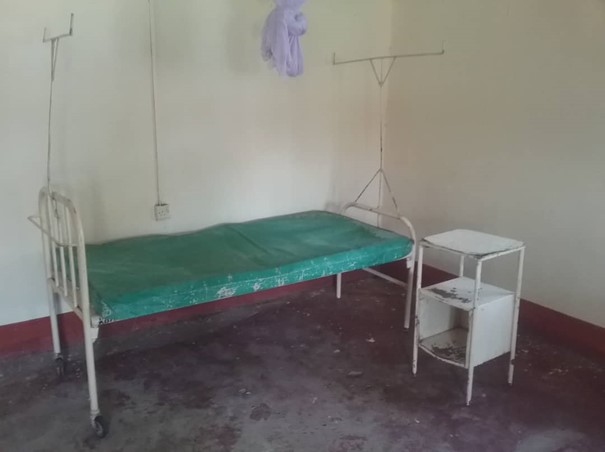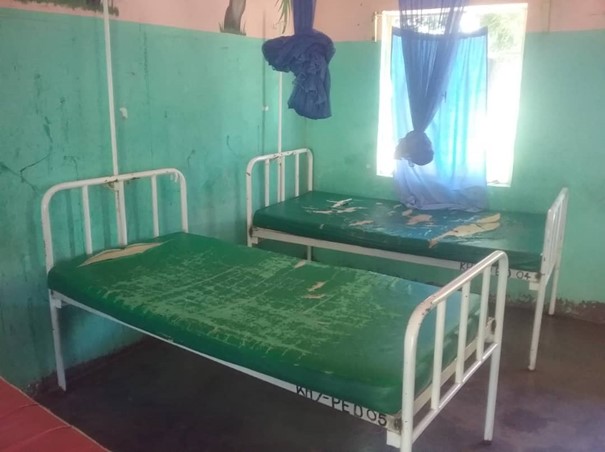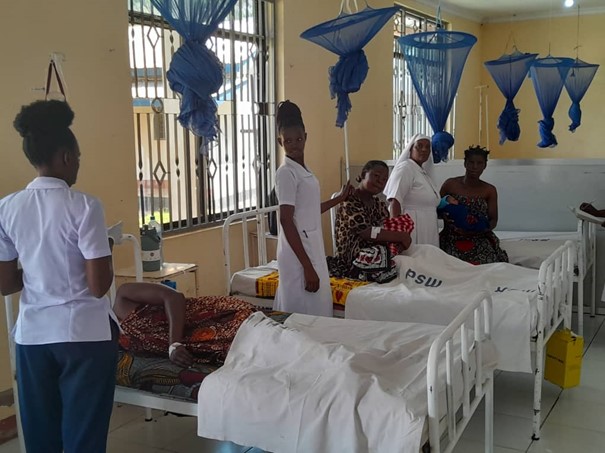First project of the Koroboi Foundation: A Step to Better Care
On May 1, 2024, the Koroboi Foundation reached an important milestone with the signing of a Memorandum of Understanding (MoU) with the Catholic Diocese of Bunda in Tanzania. This partnership marks the beginning of a collaborative effort to improve healthcare at St. Mary's Kibara Hospital. The first project focuses on the improvement and repair of the hospital wards by purchasing new beds, mattresses, mosquito nets and lockers.
Multi-Year Plan for Improvement
At the request of the Koroboi Foundation, the board of the hospital has drawn up a global multi-year plan. This plan provides guidance on the order in which improvements should be made:
- Repair of the wards
- Starting up a pharmacy
- Renovation of the buildings
- Purchase of an X-ray machine
- Laboratory improvement
The First Building Block: Improvement of the Departments
The first project focuses on the basics: the improvement and repair of the departments.
This includes the purchase of crucial resources such as beds, mattresses, mosquito nets, and lockers.
Background and problem definition of the Hospital
St. Mary's Kibara Hospital, founded in 1960 by Dutch sisters, serves a large area with a population of 230,421 people. The hospital offers extensive services but struggles with limited resources and outdated facilities.
The hospital has five wards with an average bed capacity of 120 beds in total. To improve care, there is an urgent need for new beds, mattresses, mosquito nets and lockers.
Budget and co-financing
The St. Mary Kibara hospital has proposed to start with the maternity ward for this first phase. The total cost for this first phase is 38,560,000 Tanzanian Shillings, of which the Koroboi Foundation will finance 60% and the hospital the remaining 40%.
Activities and Sustainability
The hospital will organize local fundraisers for their contribution and ensure the proper reception and use of the materials. The hospital staff will maintain the new materials well to ensure their durability.
Expected outcome
A successful implementation will improve services in the hospital, increase patient comfort, and improve the efficiency of nurses and doctors. This will ultimately lead to higher patient satisfaction and better overall healthcare in Kibara.
Future steps
This project is just the beginning of a series of initiatives to improve health care in Kibara. In a future blog we will give more details on how you can contribute financially to the first project and join us in making a lasting difference in the lives of many people in Kibara.


